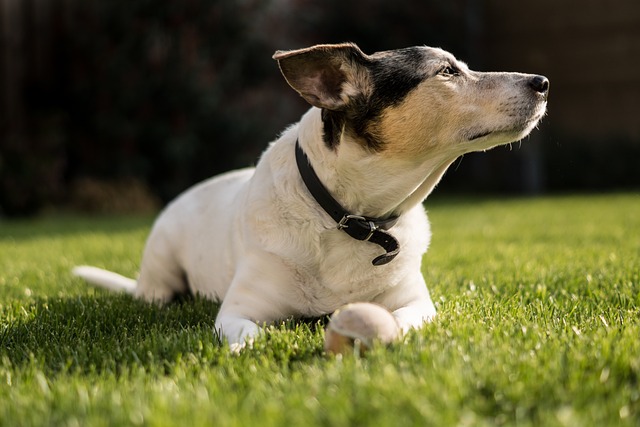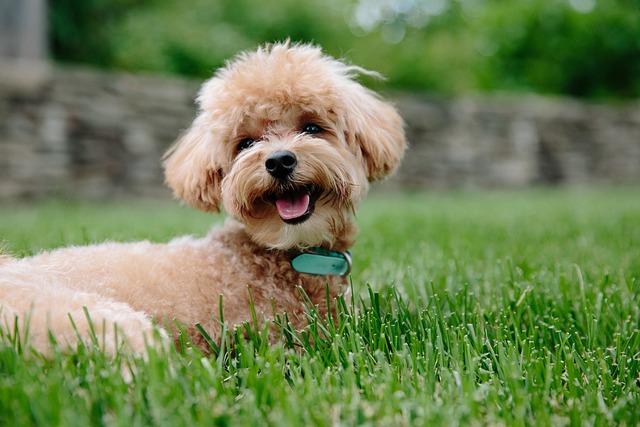Dogs are wonderful companions that can bring joy, comfort, and fun to your life. But not all dogs are the same, and choosing the right dog breed for your lifestyle is crucial for a happy and harmonious relationship. Here are some factors to consider when looking for the best dog breed for you.
Understand your lifestyle
Before you start browsing through dog breeds, you need to be honest with yourself about your own lifestyle and expectations. How much time and energy do you have to devote to a dog? How much space do you have in your home and yard? What kind of activities do you enjoy doing with a dog? How much money can you afford to spend on a dog’s food, grooming, and veterinary care? These questions will help you narrow down your options and find a dog breed that matches your needs and wants.
Size and space
The size of a dog can have a big impact on your lifestyle and your dog’s well-being. If you live in an apartment or condo, you might want to stick with a smaller breed. This is because smaller breeds don’t need much room to exercise and can adapt to indoor living. Some examples are the Bichon Frise, Boston Terrier, Chihuahua, and Pug. On the other hand, if you have a large house and a spacious yard, you might prefer a larger breed that can enjoy more freedom and outdoor activities. Some examples are German Shepherds, Golden Retrievers, Labrador Retrievers, and Saint Bernards. However, size is not the only factor to consider, as some small dogs can be very energetic and some large dogs can be very calm.
Behavior and personality
Different dog breeds have different temperaments, personalities, and behaviors that are influenced by their genetic history and breeding purpose. Some breeds are more friendly, sociable, and affectionate, while others are more independent, aloof, and reserved. Some breeds are more playful, curious, and adventurous, while others are more calm, obedient, and loyal. Some breeds are more protective, alert, and territorial, while others are more gentle, submissive, and easygoing.
You should choose a dog breed that suits your personality and preferences, as well as your family and social situation. For example, if you have children or other pets, you might want a dog breed that is tolerant, patient, and good-natured, such as the Beagle, Boxer, Collie, and Labrador Retriever. If you live alone or want a guard dog, you might want a dog breed that is loyal, attentive, and courageous. This can be any of the following: Doberman Pinscher, Rottweiler, German Shepherd, and Mastiff.
Grooming and care needs
Another factor to consider when choosing a dog breed is the amount of grooming and care that the dog requires. Some breeds have long, thick, or curly coats that need regular brushing, trimming, and bathing, while others have short, smooth, or wiry coats that need minimal grooming. Some breeds shed a lot of hair, while others shed very little or not at all. Some breeds drool a lot, while others hardly drool at all. You should choose a dog breed that fits your level of commitment and tolerance for grooming and care, as well as your allergies and sensitivities.
For example, if you don’t mind spending time and money on grooming, you might like a dog breed that has a beautiful and luxurious coat, such as the Afghan Hound, Maltese, Poodle, and Shih Tzu. If you prefer a low-maintenance dog, you might like a dog breed that has a simple and easy-care coat, such as the Basenji, Dachshund, Greyhound, and Whippet.
Choose an age-appropriate breed
Finally, you should also consider the age and life stage of the dog breed that you want. Puppies are adorable and playful, but they also require a lot of training, socialization, and supervision. They can be destructive, noisy, and messy, and they might not be suitable for busy or inexperienced owners. Adult dogs are more mature and settled, but they might have some behavioral or health issues that need to be addressed.
They might also have difficulty adjusting to a new home and family. Senior dogs are more calm and gentle, but they might have some special needs and health problems that require more attention and care. They might also have a shorter life span and less energy than younger dogs. You should choose a dog breed that matches your age and life stage, as well as your ability and willingness to provide for the dog’s needs. For example, if you are young and active, you might like a dog breed that is energetic and playful. These dog breed is Australian Shepherd, Border Collie, Jack Russell Terrier, and Siberian Husky.
If you are older and retired, you might like a dog breed that is relaxed and quiet, such as Basset Hound, Cavalier King Charles Spaniel, Maltese, and Pekingese.
Conclusion
Choosing the best dog breed for your lifestyle is not an easy task, but it is a rewarding one. By doing some research and considering your own preferences and circumstances, you can find a dog breed that will be your perfect companion and friend for life. Remember, there is no such thing as a bad dog breed, only a bad match. So, take your time and choose wisely. You and your dog will be happier about it.




